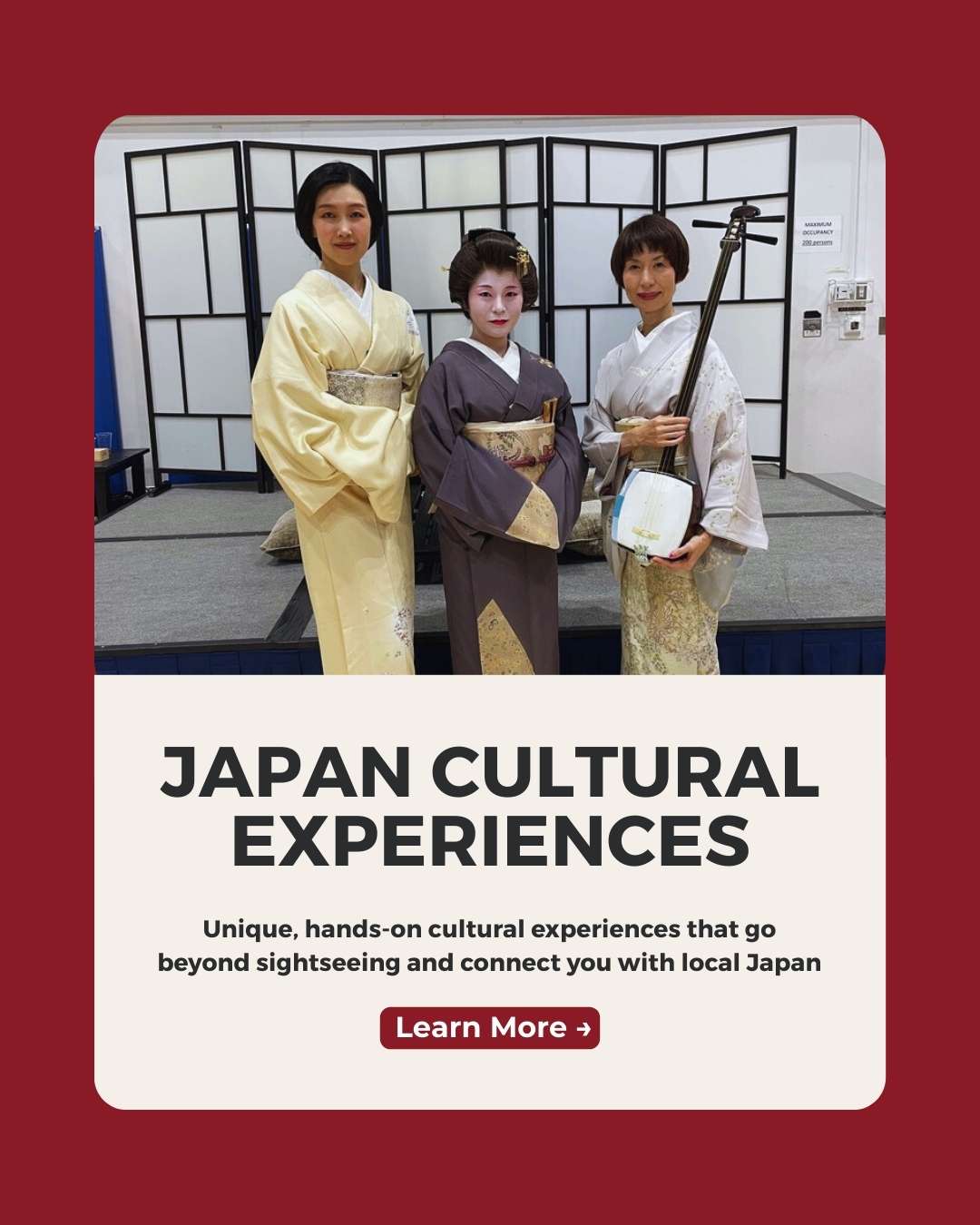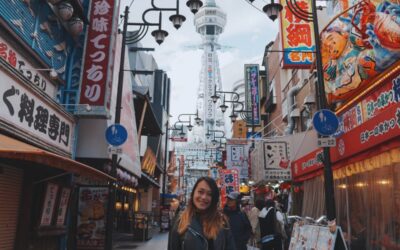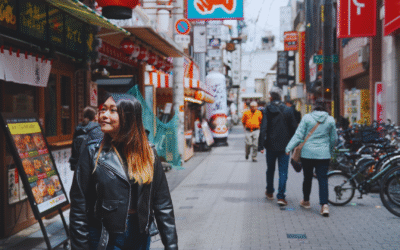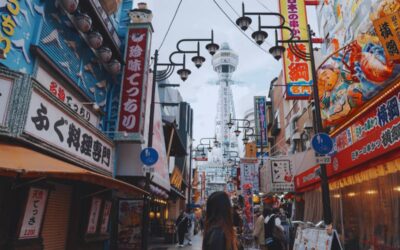Are you ready for the upcoming ✨Golden Week✨ season in Japan? Anticipating a well-deserved break from work but unsure of how to spend those days? Keep reading, as we’ve got all the information you need. Let’s delve into Golden Week, its activities, and the holidays that define it.
Golden Week in Japan is a week-long holiday in May, encompassing four public holidays and a weekend, resulting in a generous six days off from work.
When is Golden Week in 2024?
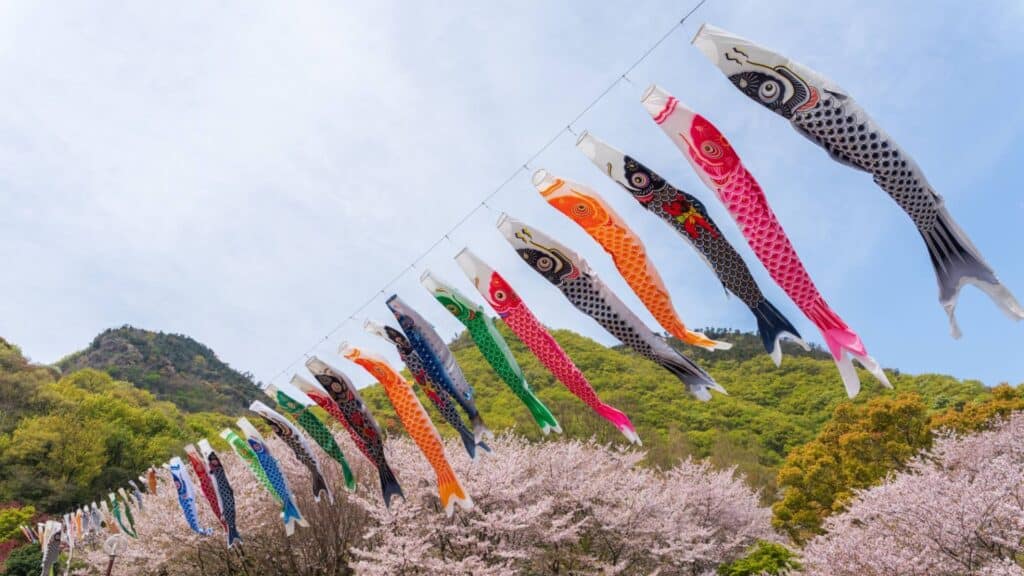
In 2024, Golden Week in Japan promises to be an eagerly anticipated event, offering a blissful respite for locals and visitors alike. Spanning from April 29th to May 5th, this year’s schedule aligns with the traditional dates of the national holidays that comprise Golden Week. Showa Day on April 29th sets the stage for the festivities, followed by Constitution Memorial Day on May 3rd, Greenery Day on May 4th, and Children’s Day on May 5th.
With these consecutive holidays falling on weekdays, many people are poised to enjoy an extended break from their usual routines. Whether it’s exploring historic landmarks, savouring seasonal delicacies, or simply unwinding amidst Japan’s natural beauty, Golden Week 2024 offers a myriad of opportunities for leisure and cultural enrichment. So, mark your calendars and prepare to embark on a memorable journey during this cherished period of celebration and relaxation.
What are the Golden Week holidays?
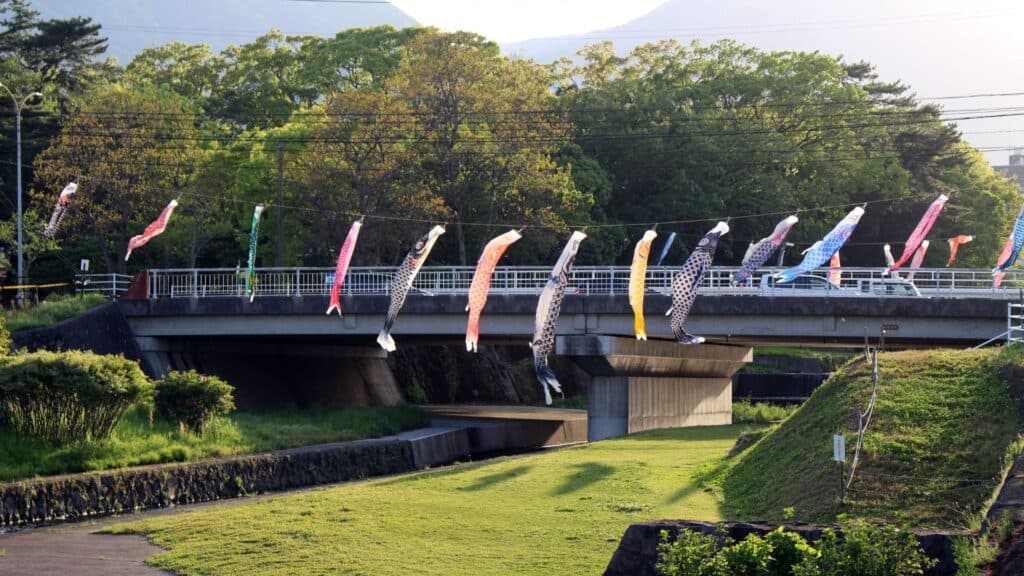
Many people are aware of the public holidays that occur this weekend, but few understand the origin and significance of these holidays. Enhancing our appreciation of Golden Week can be achieved by delving into the history and meaning behind each public holiday.
Showa Day
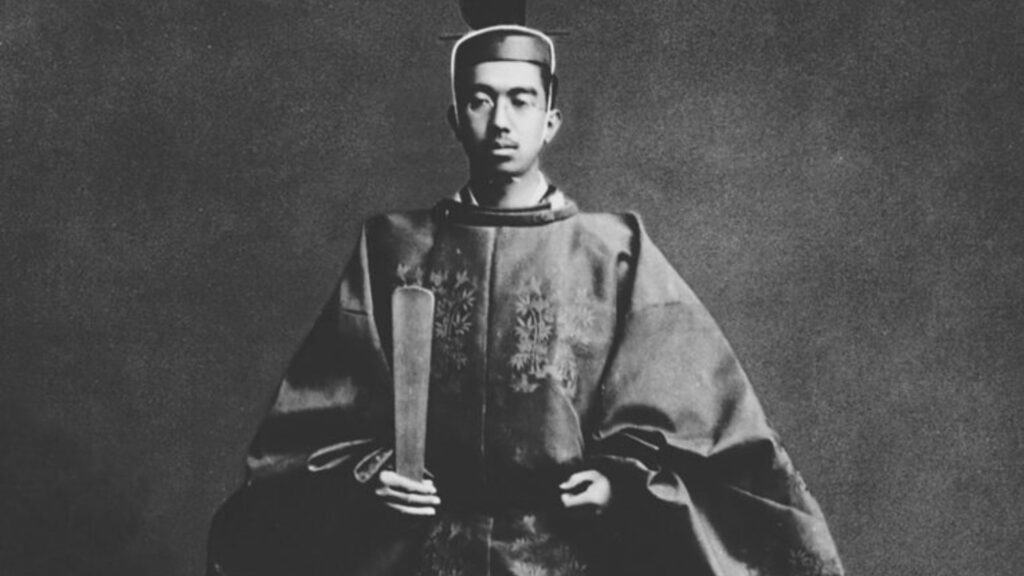
On 29th April, we observe Showa Day, commemorating the birthday of Emperor Showa (Hirohito). During the Showa period, this holiday was initially known simply as “Emperor’s Birthday,” but following the conclusion of his reign, the name was changed from “Midori no Hi” to “Showa Day.”
For 18 years starting from 1989, it was known as ‘Greenery Day’ due to the Showa Emperor’s affinity for plants and love of nature. However, in 2007, it was renamed ‘Showa Day’ to honour the tumultuous Showa period while preserving its memory. Consequently, Greenery Day was rescheduled to 4th May.
Constitutional Memorial Day
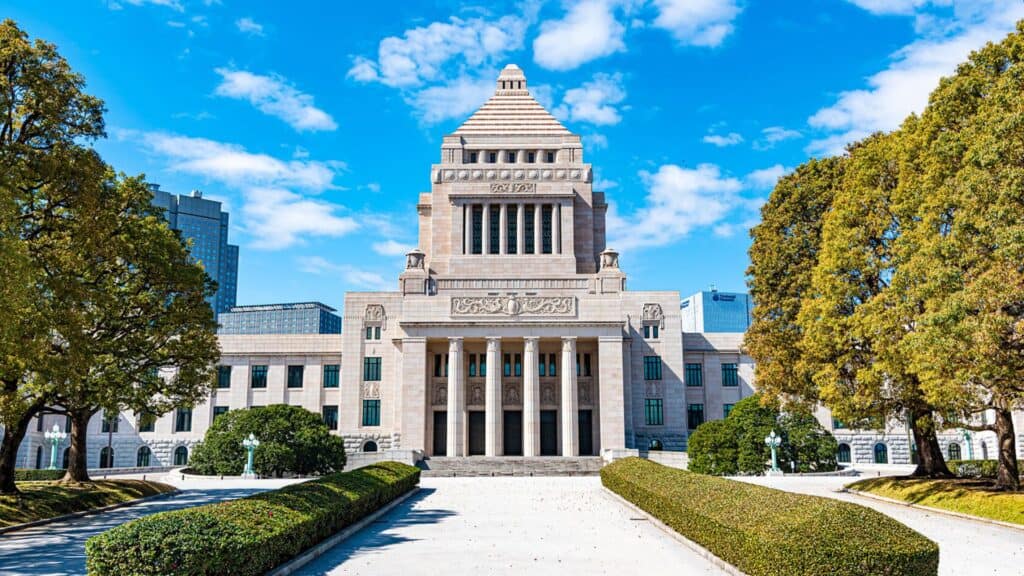
On May 3rd, we observe Constitutional Memorial Day, which marks the anniversary of the enforcement of the Constitution of Japan. This significant document came into force on 3rd May 1947, following the end of World War II, and was subsequently established as a public holiday in 1948. The purpose of this day is to “commemorate the implementation of the Constitution of Japan and to celebrate the growth of the country.” It serves as a time for honouring and reflecting upon a pivotal moment in history that fundamentally shaped Japan into the nation it is today.
Greenery Day

On May 4th, we celebrate Greenery Day, with the aim of “becoming familiar with nature, appreciating its benefits, and nurturing a rich spirit.” As previously mentioned in the introduction to Showa Day, Greenery Day originally occupied the slot now reserved for Showa Day and was observed on April 29th from 1989 onwards.
However, in 2007, with the establishment of Showa Day on April 29th, Greenery Day was shifted to May 4th, initially a weekday. It was designated as a public holiday under the name Midori no Hi, creating a three-day weekend from May 3rd to May 5th. This holiday presents an ideal opportunity to explore the various gardens in cities across Japan, indulge in countryside hikes, and enjoy leisurely picnics.
Children’s Day
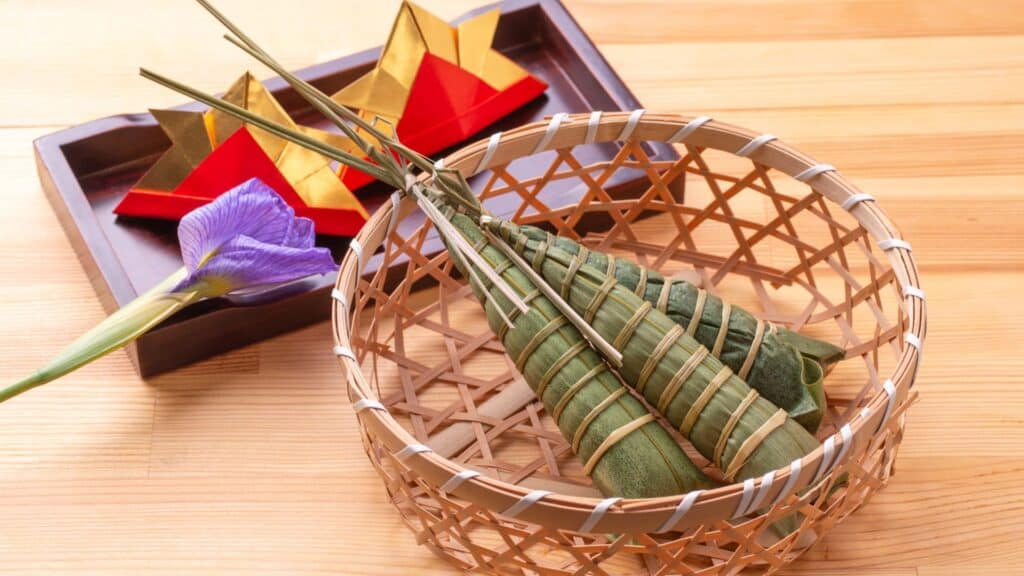
On May 5th, we observe Children’s Day, which aims to “respect children’s character and promote their happiness.” Many households mark this occasion by displaying carp streamers and May dolls. Carp streamers are hoisted in homage to the Chinese legend in which the carp swims upstream and transforms into a dragon. In some regions, it is also customary to enjoy chimaki (rice cakes) and kashiwa-mochi (rice cakes wrapped in oak leaves) during this festive time of Golden Week.
Why is it called Golden Week?
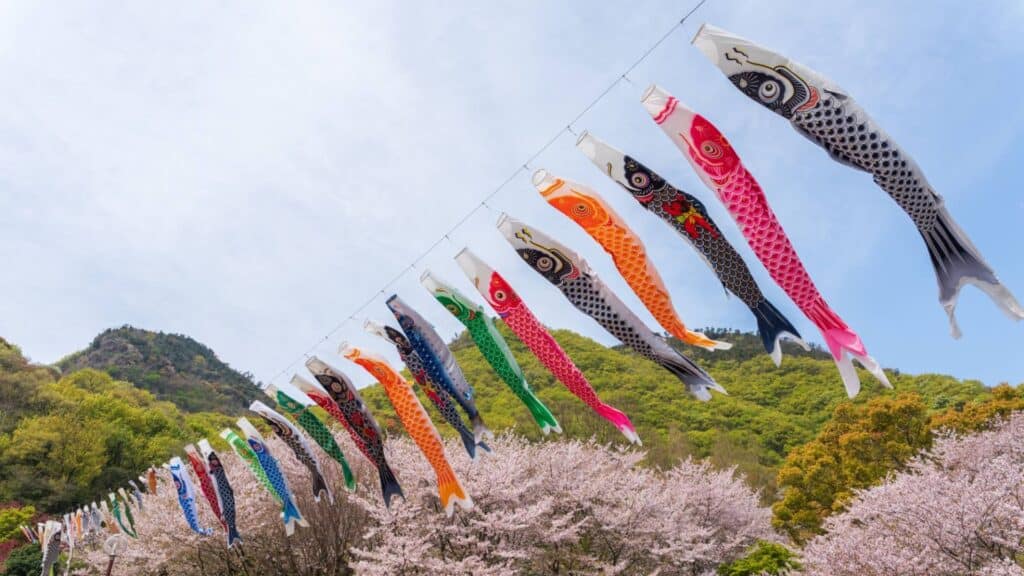
Golden Week is a Japanese term that may not be widely recognised overseas. There are various theories regarding the origins of this name, but the most prevalent suggests it stemmed from a term used in the film industry.
Initially, Golden Week is a succession of holidays formed by linking three of the nine public holidays stipulated by the Law on National Holidays in 1948. These national holidays include New Year’s Day, Coming of Age Day, Emperor’s Birthday, Constitution Day, and Children’s Day, among others.
Legend has it that Golden Week emerged during the spring holidays when cinema attendance surged, prompting Dainippon Eiga Productions (Daiei) to coin the term ‘Golden Week,’ drawing inspiration from ‘Golden Time’ to signify ‘the most wonderful week.’
Why is Golden Week called a ‘major holiday’ on TV?
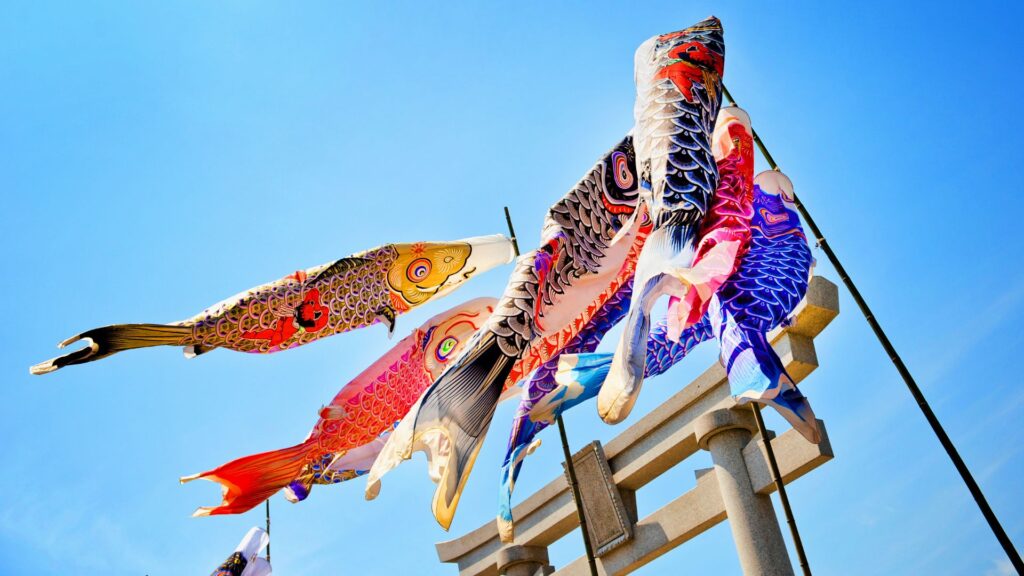
The phrase ‘Golden Week’ is not commonly utilised within the television sector. This is purportedly due to its inception within the film industry, where it served as a promotional tool. Moreover, certain individuals may find it challenging to secure time off during Golden Week, despite their desire to do so. From their perspective, this might engender a sense of exclusion when the week is labelled as ‘golden.’
Hence, television tends to eschew the term ‘Golden Week’ in favour of referring to it as a ‘major (spring) holiday.’
Are hospitals, government offices, banks, and ATMs open during Golden Week?
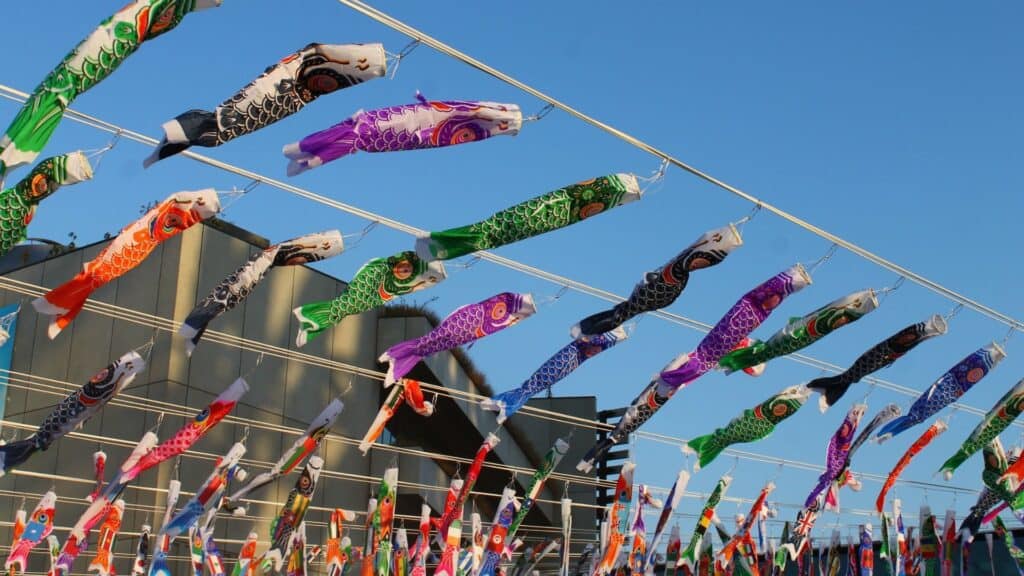
Throughout Golden Week, Japan enters a holiday period. While holidays are enjoyable, you might encounter some inconvenience. Notably, many banks, government institutions, and hospitals adhere to the holiday schedule, resulting in closures. Therefore, it is advisable to attend to your errands beforehand.
It’s important to bear in mind that this serves as a general guideline; certain establishments may operate during holidays, so it’s prudent to verify their schedules individually.

Hospitals and dispensaries typically follow the holiday calendar, including during Golden Week. If hospitals are usually closed on weekends, it can be challenging to seek medical assistance during this time. For regular patients, scheduling a visit to the hospital before the holidays might be prudent, as post-holiday weekdays tend to be crowded, resulting in longer waiting times.
Be sure to consult your local authority’s holiday clinic directory for alternative medical services available in each municipality.
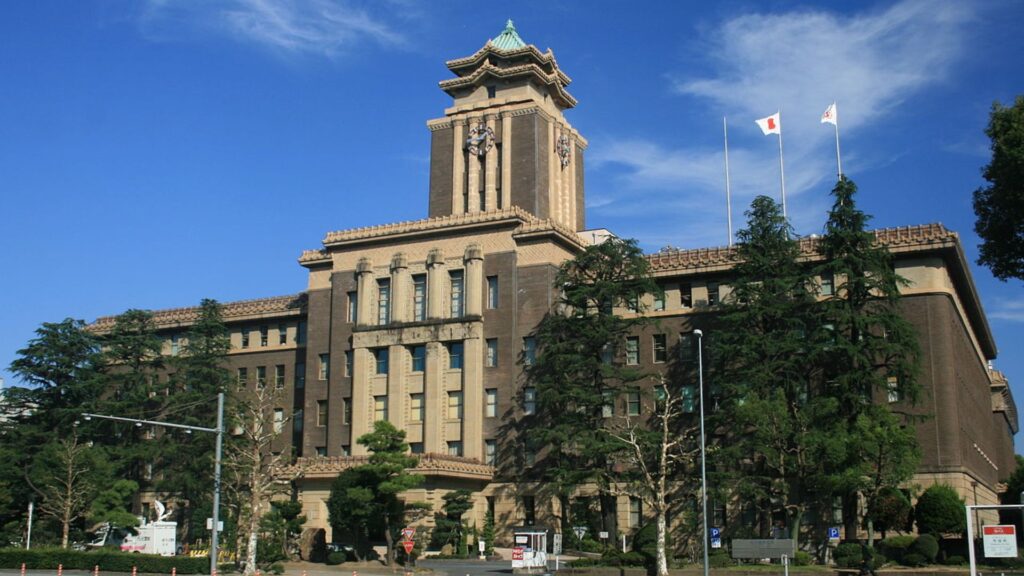
dditionally, government offices and administrative bodies, such as ward offices and city halls, observe holiday closures. While some documents can now be obtained at convenience stores with a My Number Card, not all certificates are eligible.
Planning to acquire necessary documents before Golden Week is advisable to avoid potential delays due to holiday crowds. Despite office availability during weekdays of Golden Week, expect increased foot traffic and potential delays.

For banking needs, while banks themselves are closed, ATMs remain operational, with many available at convenience stores. However, it’s essential to note that some financial institutions may undergo system changes during holidays, potentially affecting ATM availability. It’s wise to complete any necessary banking transactions before the holidays to ensure smooth processing and avoid any disruptions.
Which Places and Events Should You Go To During Golden Week?
Tokyo Tower
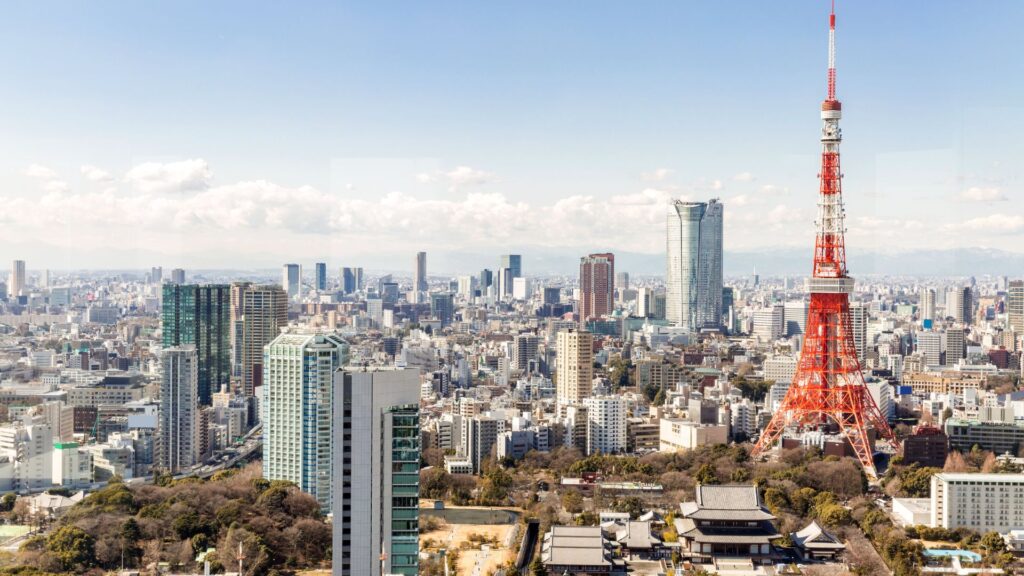
Tokyo Tower is an ideal spot to celebrate Children’s Day, with its 333 carp streamers illuminated by bright LED lights at night, creating a captivating spectacle. Additionally, the tower boasts stunning views of Tokyo, providing an excellent opportunity for memorable photographs.
Kameido Tenjin Shrine
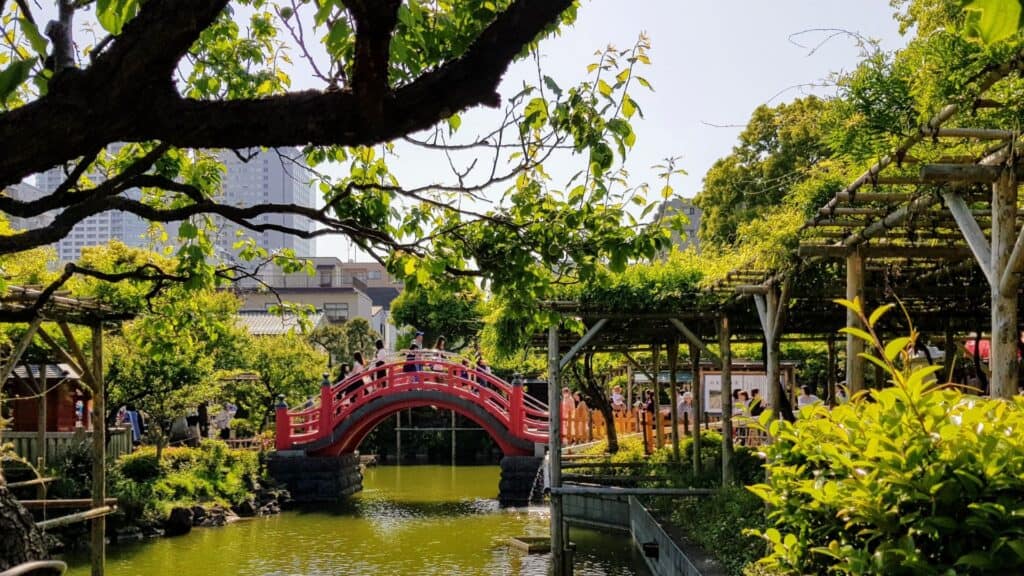
For those seeking activities on Greenery Day during Golden Week, a visit to Kameido Tenjin Shrine is highly recommended. The shrine hosts a vibrant wisteria festival on its premises, complete with food stalls offering a variety of snacks to enjoy amidst the blooming flowers. As evening approaches, the wisteria are illuminated with colourful lights, enhancing the enchanting ambiance.
Showa Memorial Park Flower Festival
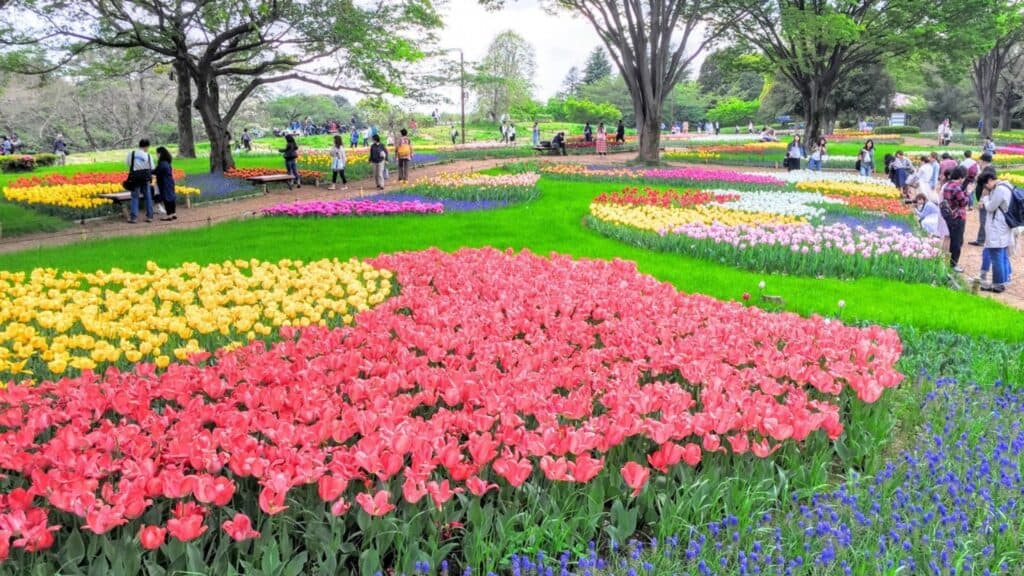
Suitable for both Greenery Day and Showa Day, Showa Memorial Park was established in 1983 to commemorate Emperor Showa’s Golden Jubilee. As Tokyo’s largest park, spanning 1,653,000 square metres, it offers an array of attractions. Visitors can admire a diverse range of flowers during the festival, including red poppies, nemophila, tulips, and the renowned cherry blossoms, ensuring there’s something for everyone to enjoy.
Niku Festival

In Odaiba, Tokyo, Japan’s largest meat festival, Niku Fes, takes place during Golden Week, offering delectable treats such as premium steak, beef bowls, and wagyu beef burgers. The festival also features refreshing craft beers to complement the savoury dishes, as well as desserts and milkshakes for those with a sweet tooth.
As is obvious from this blog post, Golden Week in Japan offers a wealth of opportunities for relaxation, exploration, and indulgence.
Whether marvelling at the illuminated carp streamers at Tokyo Tower, immersing oneself in the vibrant wisteria festival at Kameido Tenjin Shrine, or savouring the succulent delights of Niku Fes in Odaiba, there’s no shortage of experiences to enjoy during this special time. Showa Memorial Park provides a serene escape amidst Tokyo’s urban landscape, while also serving as a poignant reminder of Japan’s rich history.
As the nation collectively embraces the festivities and the fleeting beauty of spring, Golden Week serves as a cherished moment to pause, unwind, and create lasting memories with loved ones. So, whether you choose to embark on outdoor adventures, savour culinary delights, or simply bask in the warmth of the season, make the most of Golden Week and revel in the joy it brings.





